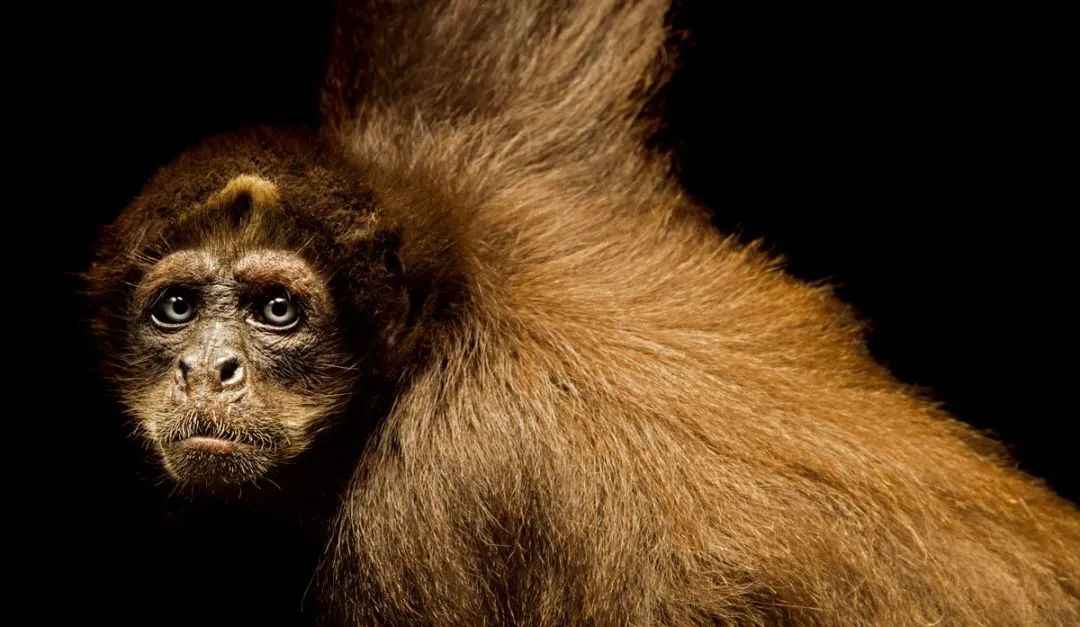Brown spider monkeys, known for their long limbs and agile arboreal lifestyle, traverse vast swaths of the forest canopy in search of fruit, their primary food source. As they feed, they consume seeds from a diverse array of plants, which later pass through their digestive systems and are excreted across wide areas. This natural process is far from trivial: scientists have identified at least 148 species of trees, shrubs, and flowering plants that rely almost entirely on these primates to disperse their seeds, ensuring the plants’ reproduction and the forest’s regeneration.
The significance of this relationship extends beyond individual species. The seeds dispersed by Ateles hybridus contribute to the structural diversity of the rainforest, supporting countless other organisms—from insects to birds—and maintaining the ecosystem’s resilience. Without these monkeys, many plant species would struggle to colonize new areas, potentially leading to reduced biodiversity, disrupted food webs, and weakened forest health over time.
Yet, the future of brown spider monkeys grows increasingly precarious. Habitat loss due to deforestation, illegal hunting, and fragmentation of their forest homes have driven their populations to the brink. Conservationists warn that losing this species could trigger a cascading effect, imperiling not just the 148 dependent plant species but the entire ecological balance of South America’s ancient rainforests.
As efforts to protect Ateles hybridus intensify, researchers stress that safeguarding these primates is not merely an act of species preservation—it is a critical step in preserving the very fabric of one of Earth’s most biodiverse ecosystems.










